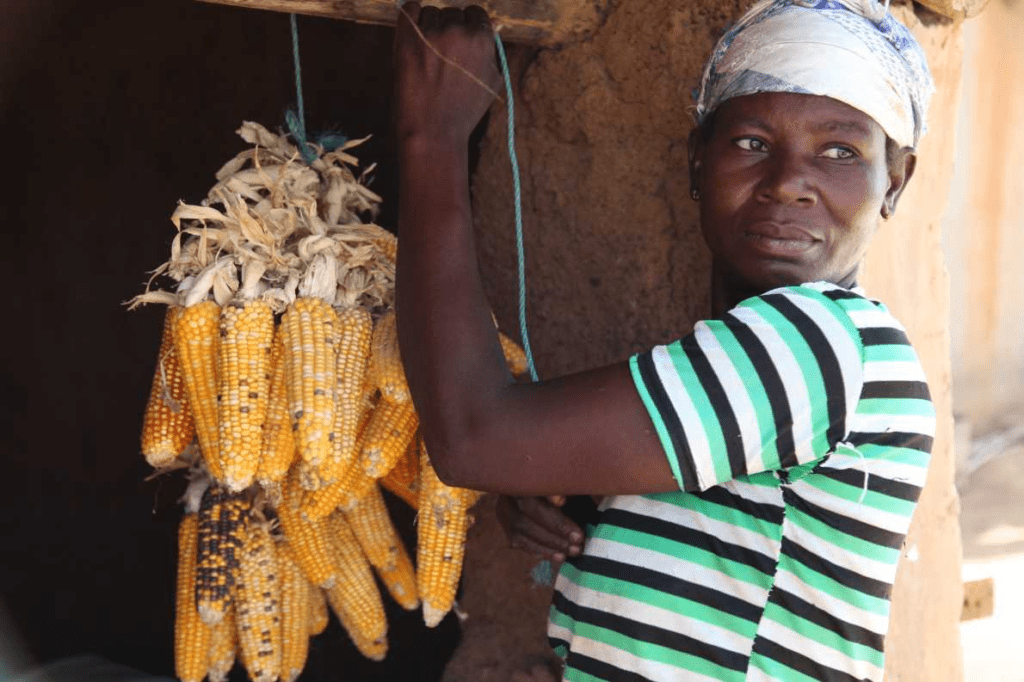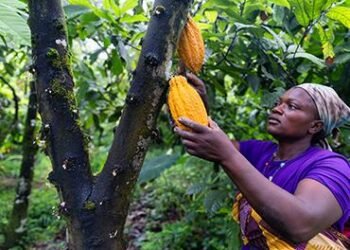The Peasant Farmers Association Ghana (PFAG) has urged the government not to downplay the involvement of smallholder farmers in decision-making processes, especially in the area of governance and budget allocations.
In a policy brief report, the Association said smallholder farmers, who constitute a larger percentage in terms of their contribution to Ghana’s GDP, are left behind most of the time; instead, lip services are paid to their demands and are substituted with multi-nationals and commercial farmers.
Smallholder agriculture contributes about 60 percent of the total agricultural output. Given their contributions, one would have expected that greater opportunities are given to smallholder farmers to influence the design of agriculture; however, most farmers do not know about agricultural policies in their districts much more to contribute to their formulation.
According to the Association, participation in the formulation of policies will lead to ownership, responsibility, and drivers of the policies. The District Assemblies are responsible for the regulation of development at the local level, including the development of resources such as land, water, and infrastructure, which are important for the business of small-scale farming, said the Association. Nonetheless, the PFAG said it is important to note that most small-scale farmers do not have adequate access to these services provided by their respective Assemblies.

“The extent to which farmers benefit from the services provided by their respective District Assemblies is the function of their involvement in the governance process at that level. Many capacity-building interventions targeted at these farmers have focused on getting their views, needs, and aspirations reflected in the budget and the decision-making process. Consequently, farmers have taken a keen interest in local governance, with the impetus coming from the decentralized system being implemented. However, their interests in agricultural governance are hampered by their inability to contribute to making evidence-based decisions in so far as agricultural governance is concerned. In effect, small-scale farmers cannot hold policymakers to account for how resources are utilized for projects, programmes, and other interventions that benefit them.”
Peasant Farmers Association Ghana
The Association further revealed that smallholder farmers do not make input into the local level agricultural budget because they are not given the opportunity to do so.
“Smallholder farmers are not allowed to make any tangible input in the agricultural budget. This is simply because no space is provided for farmers to do so. In the current situation where resource transfer from central government to the District Assemblies has been very infrequent and unpredictable, there is always the tendency to shift resources and attention from key priority areas such as smallholder agricultural development. The situation has dire consequences on food security and the ability to use agriculture as the model for poverty reduction.”
Peasant Farmers Association Ghana
The Association disclosed that the strategy by the government should be enhancing and harnessing the experiences of smallholder farmers to ensure that project implementation, monitoring, and evaluation at the local level is putting the needs and aspirations of the targeted beneficiaries at the center of the policy discourse. The onus for ensuring excellent and accountable agricultural governance is the function of the extent to which both farmers and policymakers play their roles in the governance process, said the Association.
READ ALSO: Russia-Ukraine War Likely To Impact Negatively On Ghana’s External Sector, BoG Warns





















